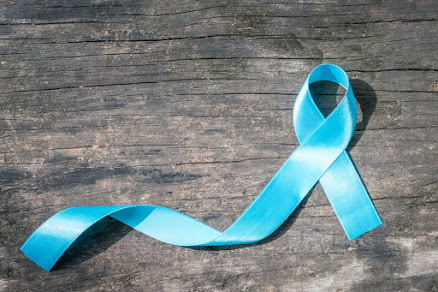In Black America, prostate cancer is on the rise.
As the United States grapples with its legacy of systemic racism, debates on issues like police brutality and racial profiling, the economic divide between Blacks and Whites, and the lack of affordable educational opportunities, one area that has gotten far less attention is the disparity in positive health outcomes that African Americans – particularly Black men – face.
While the COVID-19 epidemic shone a light on these cracks, it only scratched the surface of the issue.
Despite this, official statistics show that Black Americans have a greater risk of heart disease, stroke, cancer, asthma, influenza and pneumonia, diabetes, and HIV/AIDS than white Americans.
For most malignancies, black individuals have the greatest mortality rate and the lowest survival time of any racial/ethnic group in the United States.
These are shocking statistics in any case, but particularly so when you realize that many of these lethal illnesses are treatable and even curable if caught early.
For males diagnosed with prostate cancer, for example, the five-year survival rate is better than 99 percent if the illness is found early.
A greater danger
Despite this, Black men have a 70% greater risk of prostate cancer than white men, and according to the American Cancer Society, Black men are more than twice as likely to die from prostate cancer as white men.
One of the main reasons for these startling differences is that Black males are generally less aware of the danger that this kind of cancer presents to them, and they have less resources accessible to them for cancer testing and monitoring.
Celebrity endorsement
Thankfully, members of the Black community such as billionaire businessman Robert F. Smith, co-host of The Today Show Al Roker, and activist comedians Chris Tucker and Steve Harvey are raising their voices – and sacrificing their money – to fight this disease.
The COVID-19 vaccination drive in Black and other minority groups may serve as a solid example of how to swiftly and effectively get more Black males evaluated for the illness, whether via advertising and outreach campaigns to pop-up health clinics and tents.
Prostate cancer among Black men – and the gap in health outcomes in the community as a whole – has been under-reported for far too long, but now we have a solution.


Comments
Post a Comment